John Fru Ndi in 1990 defied Paul Biya’s one-party state. Through his Social Democratic Front (SDF),he galvanized grassroots movements and brought global attention to the possibility of democratic reform in French Cameroon.
By Joseph FritzMcBobe, Endeley Quarters, Buea
Late Ni John Fru Ndi is widely regarded as the face of multiparty democracy in La République du Cameroun (LRC). His 1990 defiance of Paul Biya’s one-party state marked a turning point in Cameroon’s political history. Through the Social Democratic Front (SDF), Fru Ndi galvanized grassroots movements and brought global attention to the possibility of democratic reform in French Cameroon.
Even President Paul Biya, in one of his rare acknowledgments, admitted that without Fru Ndi, the democratization of Cameroon would have remained a mere “pipe dream.” This statement, though likely made for political expediency, affirms Fru Ndi’s historical weight in ushering in an era of competitive politics, however imperfect.
Yet, the story did not end in victory. In the 1992 presidential elections—widely believed to have been won by Fru Ndi—Cameroon missed a historic opportunity. Allegations of fraud and manipulation became widespread, and it is now openly confirmed by figures like Albert Dzongang, a former insider turned opposition militant. On Belafon TV, Dzongang recounted how he and others, in the presence of former Prime Minister Achidi Achu and notorious security chief Forchive, orchestrated the electoral fraud that robbed Fru Ndi of a rightful mandate. This admission is nothing short of a political reckoning—a moral confession decades too late.
What followed was a long, painful erosion of democratic pretense. Fru Ndi, perhaps in the hope of reforming from within, remained in the political system. But over time, critics argue that he lent legitimacy to a regime he once challenged. In cooperating too long with Biya’s authoritarian structure, he inadvertently became part of the machinery that sustained it.
Most critically, Fru Ndi took the same misguided path that John Ngu Foncha had taken in the march to independence—choosing to “join” rather than to stand apart. Foncha led Ambazonia into union with French Cameroon under false pretenses in 1961; Fru Ndi, decades later, attempted to salvage that union by legitimizing it through democratic reform. Both failed. And now, after two trials and two betrayals, it is no longer an isolated mistake—it is a pattern no one can ignore. We must go our separate ways.
With Fru Ndi’s passing, and his symbolic burial in a concrete tomb—a decision perhaps more reflective of cultural superstition than civic honour—the last fig leaf of democratic camouflage seems to have fallen from Biya’s regime. The events of August 4, 2025, at the Constitutional Council made this plain. The barring of Maurice Kamto’s candidacy and the sham proceedings that followed sent a clear message: Cameroon has returned to the one-man rule of the early Biya years. The cycle is complete.
Ambazonia’s Position: Why Fru Ndi’s Death Changes Nothing
From the Ambazonian perspective, Fru Ndi’s legacy—while impactful in LRC—holds little relevance to the fate of the people of the former British Southern Cameroons. Fru Ndi was a son of the soil, yet he chose the path of integration rather than liberation. Instead of standing for the full restoration of Ambazonian sovereignty, he opted to reform the colonial structure from within. For many Ambazonians, this was a historical betrayal.
President Dr. Samuel Ikome Sako of the Federal Republic of Ambazonia (in exile) has consistently maintained that participation in LRC’s political processes is a trap that undermines the legitimate struggle for self-determination. The revelations by Dzongang about the 1992 fraud only validate Ambazonia’s stance: that the electoral system in LRC has never been a true reflection of the people’s will—not for French Cameroonians, and certainly not for Ambazonians.
Dr. Sako has argued that if Fru Ndi—arguably the most influential Ambazonian politician in LRC’s history—could not be allowed to win, then no Ambazonian will ever be given a legitimate path to national leadership in that system. The August 4 Constitutional Council drama, with its blatant disregard for even the pretense of fairness, is only the latest proof.
Thus, Ambazonia distances itself from the mourning of a democracy that never served it. It reminds the world that the Southern Cameroons question is not one of reforming LRC, but of ending the colonial occupation of a separate territory whose people voted to govern themselves in 1961 but were annexed in 1972.
Conclusion: The Curtain Falls, But the Struggle Continues
While the legacy of Fru Ndi may offer lessons for those still hoping to democratize LRC, it offers no roadmap for Ambazonians. For them, the path forward is not reform, but restoration. And as LRC spirals deeper into autocracy, Ambazonia must consolidate its institutions, international advocacy, and resistance. In doing so, it rejects not just Biya’s dictatorship, but the illusion that it was ever part of a democracy in the first place.
Joseph FritzMcBobe.













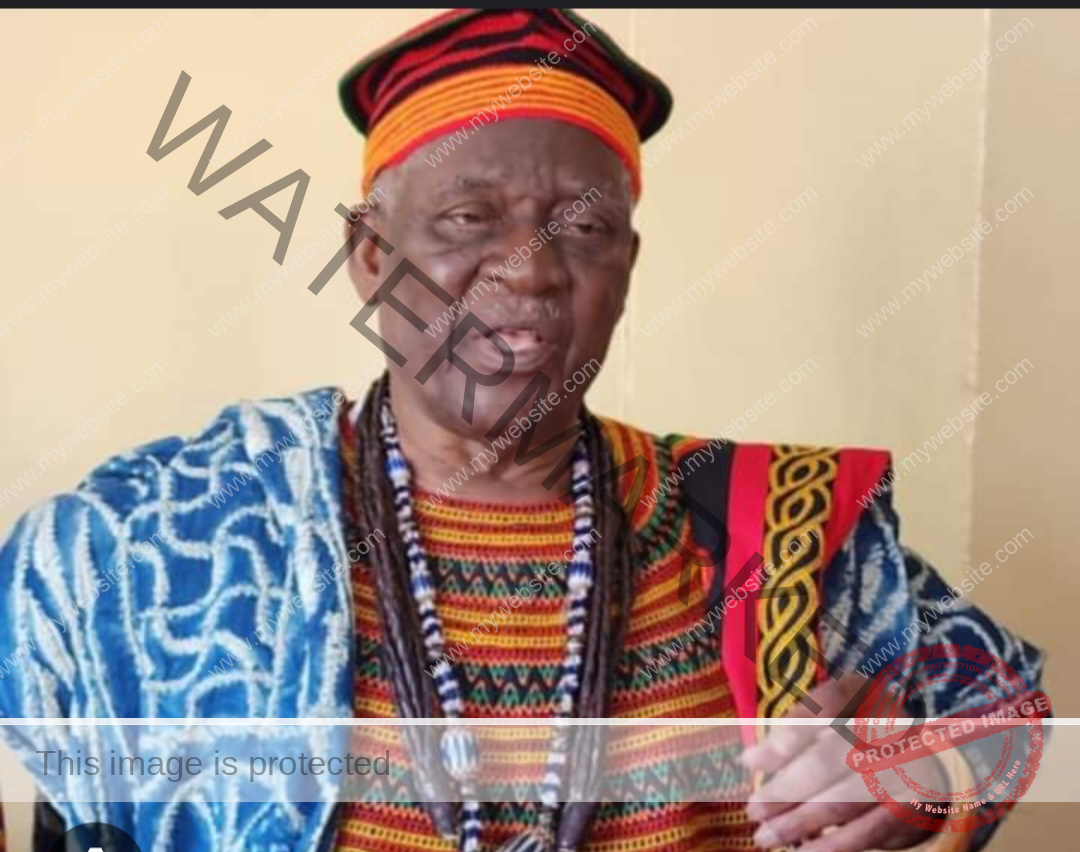
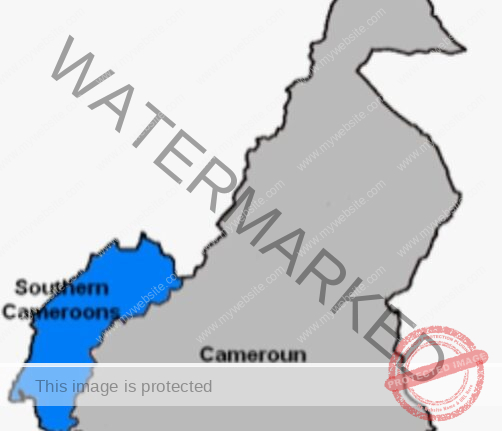


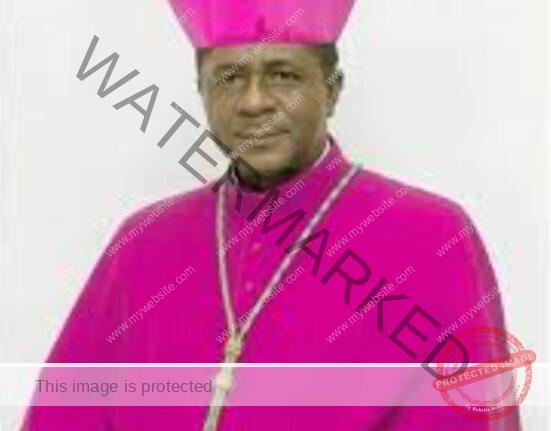
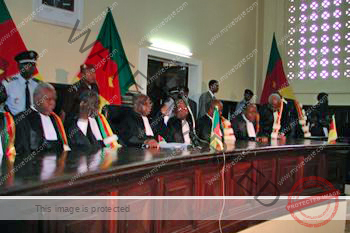
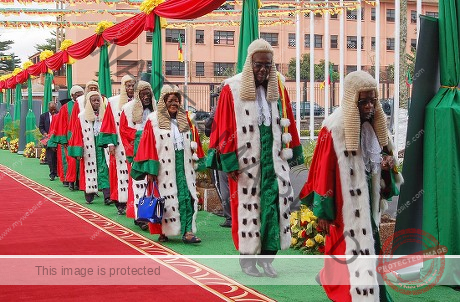

Leave feedback about this